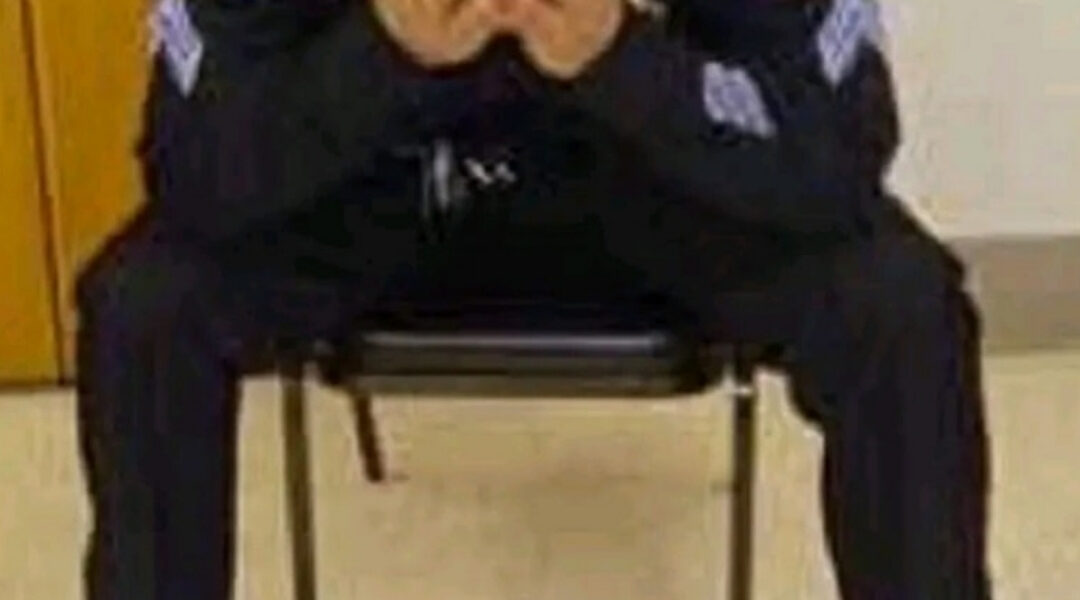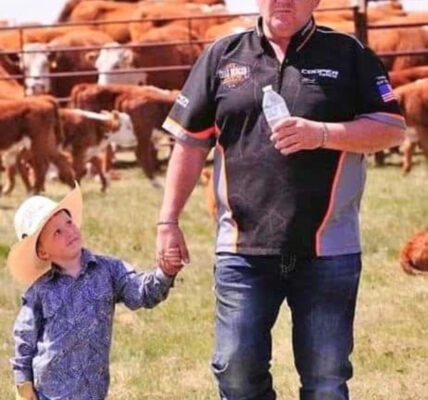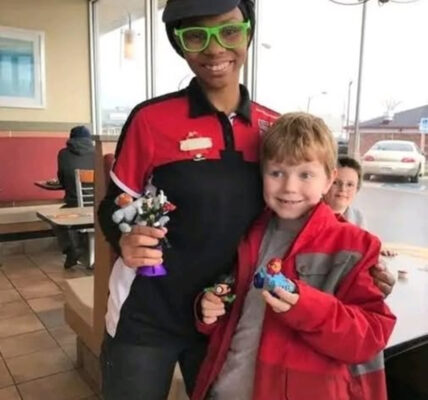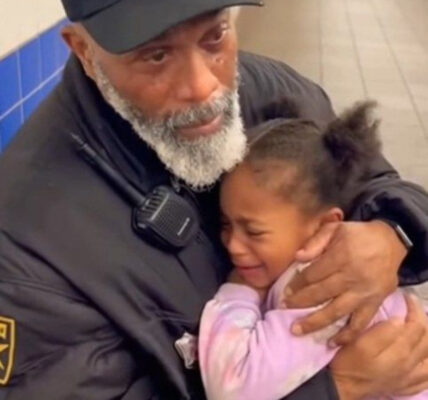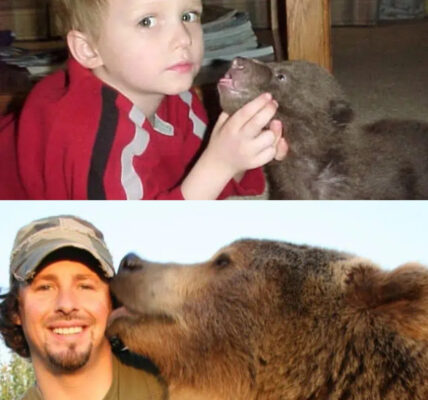He never liked writing tickets. Every time he pulled someone over, his stomach knotted. It wasn’t about authority or punishment — it was duty. But when people glared, cursed, or accused him of being heartless, he just swallowed it. They didn’t know that he hated it too.

He cried once — really cried — when he found a young woman in a ditch, unconscious, high on meth. She could have been anyone’s daughter. He held her cold hand until the ambulance came, whispering that she’d be okay, though he wasn’t sure she would.
Later that night, he sat in his patrol car, staring into the dark, and wept. You didn’t know.
There was another night — a quiet house, a single gunshot, a veteran’s body on the floor.
The man’s medals still hung proudly on the wall. The officer looked at the photo of a smiling soldier in uniform and wondered how someone who had survived war couldn’t survive the silence afterward. He went home, hugged his kids tighter, but said nothing. You didn’t know.
He missed birthdays. Missed bedtime stories. Missed school plays where empty chairs waited in the crowd.
His wife stopped asking when he’d be home. Sometimes his little girl left drawings on the kitchen counter — stick figures labeled Daddy and Me. He’d find them at midnight, after a 14-hour shift. You didn’t know.
There were nights he woke screaming — dreams replaying the same scenes: a crushed toddler under a truck tire, a mother high inside the store, unaware. He tried to erase it with whiskey, but the images stayed. The drink just dulled the edges. You didn’t know.
Every death notification tore a piece of him away. Knocking on doors in the middle of the night, seeing porch lights flicker on, watching mothers collapse and fathers break — it never got easier.
He practiced what to say each time, but there was no right way to say your child is gone. You didn’t know.
At parties or family gatherings, he stood in corners, quiet, uneasy.
People laughed easily — he couldn’t. After years of seeing what humans were capable of, trusting anyone felt impossible. He carried those memories like ghosts — invisible, heavy, constant. You didn’t know.
He’d seen things most people couldn’t imagine — faces twisted in pain, lives snuffed out in seconds, cruelty that defied reason.
But he’d also seen small miracles: a lost child found alive, a stranger’s act of courage, a whispered “thank you” that made all the darkness briefly worth it. Still, those moments were rare. You didn’t know.
He didn’t like arresting people. Every pair of cuffs he closed meant another broken family, another child who’d grow up angry. But the law wasn’t about liking — it was about duty. He told himself that as he drove home in silence. You didn’t know.
His job strained everything — his marriage, his patience, his health. He carried the weight of others’ mistakes and tragedies, yet had to smile through it. To the world, he was just another uniform. No one saw the man underneath — the husband, the father, the human being. You didn’t know.
Sometimes, late at night, he sat on the porch with a glass of whiskey, staring at the stars, wondering how much longer he could keep doing it.
The bottle didn’t judge him; it didn’t ask questions. It just listened. He thought whiskey was the only thing that understood him. You didn’t know.
So the next time you see an officer — or any first responder — take a moment. Look past the badge, the uniform, the hardened eyes. Behind them is a person who has seen the worst of the world so you don’t have to.
A person who carries memories that never fade, nightmares that never end, and a heart that still tries, against all odds, to care.
Because there’s no training for what they see. No manual for what they feel. Only the hope that, one day, someone will finally understand — even just a little.
